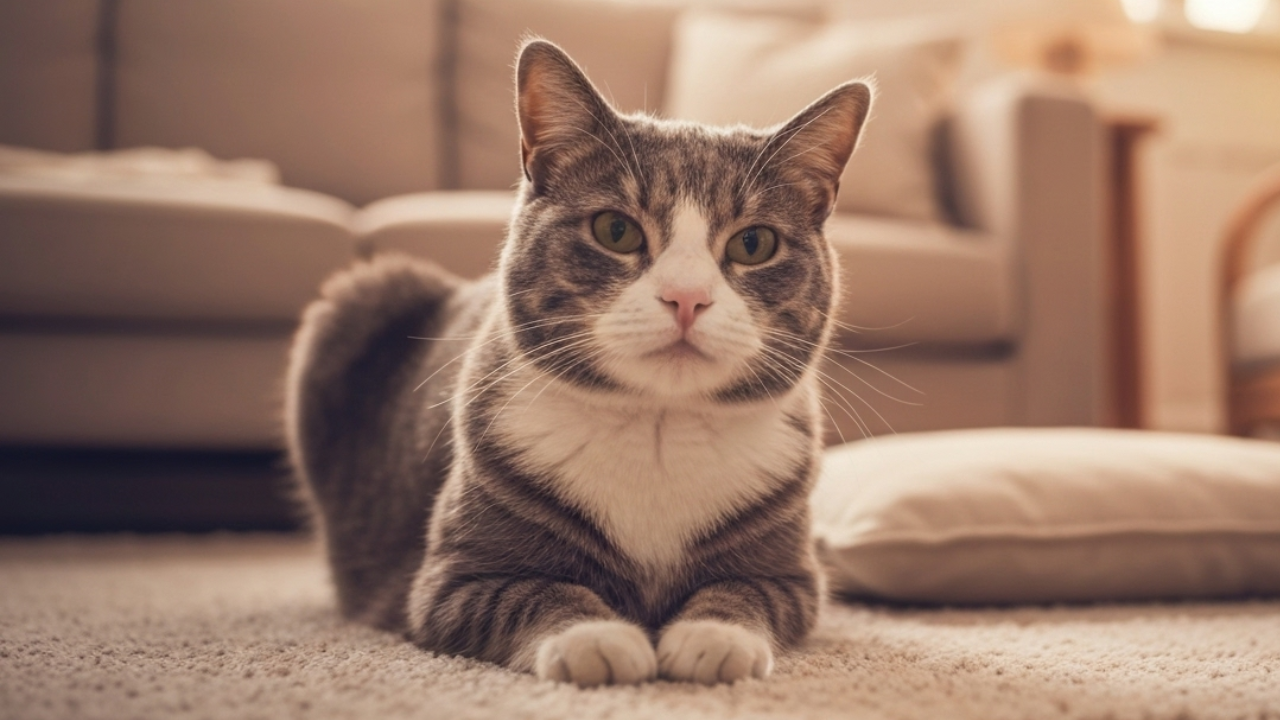As our cats age, their risk of arthritis increases. In fact, veterinarians estimate that over 90% of cats over the age of 10 have some degree of arthritis. That’s why finding a high-quality cat joint supplement is so important—it supports joint health in younger cats and can improve quality of li...
This store requires javascript to be enabled for some features to work correctly.
Homemade cat food has become increasingly popular in recent years, but pet parents should exercise caution when they venture into homemade cat food territory. While homemade cat food has many benefits for our feline friends, it must include the right cat supplements so that it provides all the nu...
Cranberries often show up on “superfood” lists for people—but what about dogs? You might just have some left over after your holiday recipes and they can be included in a recipe. I can't get my dogs to eat them raw, but they like them in a recipe!
As a holistic veterinarian, I look at food not ...
As the aroma of holiday feasts fills the air, it’s tempting to share the joy with our furry family members. But that bite of turkey skin or buttery stuffing, which could be high in fat content, could trigger something far more serious than an upset stomach, such as a bout with pancreatitis. Every...
Introduction
The holidays bring excitement, family gatherings, and—let’s be honest—lots of tempting food for our pets. Unfortunately, this season is also when veterinarians see a significant increase in gastrointestinal issues. Dogs are notorious for sneaking table scraps, begging from guests, ...
When you care deeply about your pet’s health, even something as small as choosing a dog treat or biscuits can feel surprisingly complicated. Many store-bought treats are ultra-processed, filled with empty calories, or priced like specialty items. Others have been involved in recalls, leaving ma...
Caring for a dog is one of life’s great privileges. Our dogs depend on us for nourishment, enrichment, comfort, and a sense of belonging—and in return they give us devotion, laughter, and the gentle reminder to slow down and savor the moment. When choosing gifts for the dog lovers in your life, i...
The holidays are the perfect time to celebrate our bond with cats — those quiet companions who bring warmth, humor, and unconditional love into our homes. Whether you’re shopping for a devoted cat mom or dad — or treating your own feline family member — these are the gifts that have brought joy t...
When the Thanksgiving dinner is over and your turkey platter is down to bones, don’t toss the leftover carcass — transform them into nourishment.
Homemade turkey bone broth is a soothing, nutrient-rich way to support your pet’s gut, joints, and immune system while reducing food waste. It’s an anc...
Key Highlights
Low phosphorus cat food is specifically designed to support kidney health in cats, particularly those diagnosed with chronic kidney disease (CKD).
Phosphorus intake plays a critical role in maintaining proper kidney function and mitigating waste accumulation.
Excessive phosphorus ...
Acupressure therapy has been practiced for thousands of years as part of Traditional Chinese Medicine (TCM). originating in ancient China. In recent decades, veterinarians, osteopathic doctors, and physical therapists have rediscovered it as a gentle, non-invasive way to relieve chronic pain, imp...
Key Highlights
Your cat may seem perfectly fine—but behind that calm purr could be the first signs of illness.
Cats are experts at hiding pain; what looks like “just getting older” may actually be a treatable disease.
Simple habits—like noticing how your cat grooms, eats, or moves—can make all...












